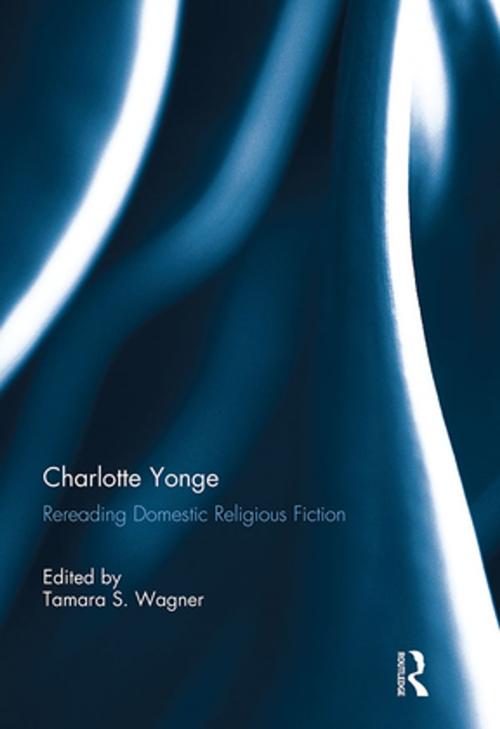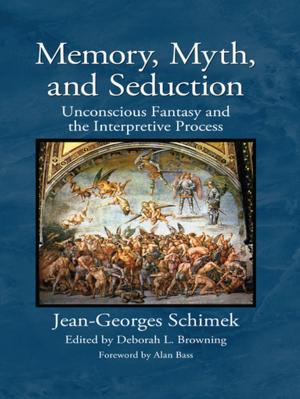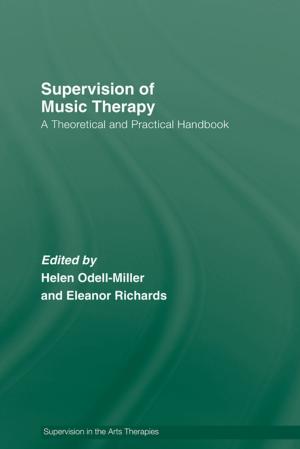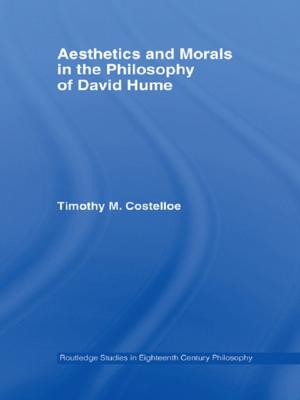Charlotte Yonge
Rereading Domestic Religious Fiction
Fiction & Literature, Literary Theory & Criticism| Author: | ISBN: | 9781317978619 | |
| Publisher: | Taylor and Francis | Publication: | July 16, 2014 |
| Imprint: | Routledge | Language: | English |
| Author: | |
| ISBN: | 9781317978619 |
| Publisher: | Taylor and Francis |
| Publication: | July 16, 2014 |
| Imprint: | Routledge |
| Language: | English |
Charlotte Yonge, a dedicated religious, didactic, and domestic novelist, has become one of the most effectively rediscovered Victorian women writers of the last decades. Her prolific output of fiction does not merely give a fascinatingly different insight into nineteenth-century popular culture; it also yields a startling complexity. This compels a reappraisal of the parameters that have long been limiting discussion of women writers of the time. Situating Yonge amidst developments in science, technology, imperialism, aesthetics, and the book market at her time, the individual contributions in this book explore her critical and often self-conscious engagement with current fads, controversies, and possible alternatives. Her marketing of her missionary stories, the wider significance of her contribution to Tractarian aesthetics, the impact of Darwinian science on her domestic chronicles, and her work as a successful editor of a newly established magazine show this self-confidently anti-feminist and domestic writer exert a profound influence on Victorian literature and culture.
This book was previously published as a special issue of Women's Writing.
Charlotte Yonge, a dedicated religious, didactic, and domestic novelist, has become one of the most effectively rediscovered Victorian women writers of the last decades. Her prolific output of fiction does not merely give a fascinatingly different insight into nineteenth-century popular culture; it also yields a startling complexity. This compels a reappraisal of the parameters that have long been limiting discussion of women writers of the time. Situating Yonge amidst developments in science, technology, imperialism, aesthetics, and the book market at her time, the individual contributions in this book explore her critical and often self-conscious engagement with current fads, controversies, and possible alternatives. Her marketing of her missionary stories, the wider significance of her contribution to Tractarian aesthetics, the impact of Darwinian science on her domestic chronicles, and her work as a successful editor of a newly established magazine show this self-confidently anti-feminist and domestic writer exert a profound influence on Victorian literature and culture.
This book was previously published as a special issue of Women's Writing.















